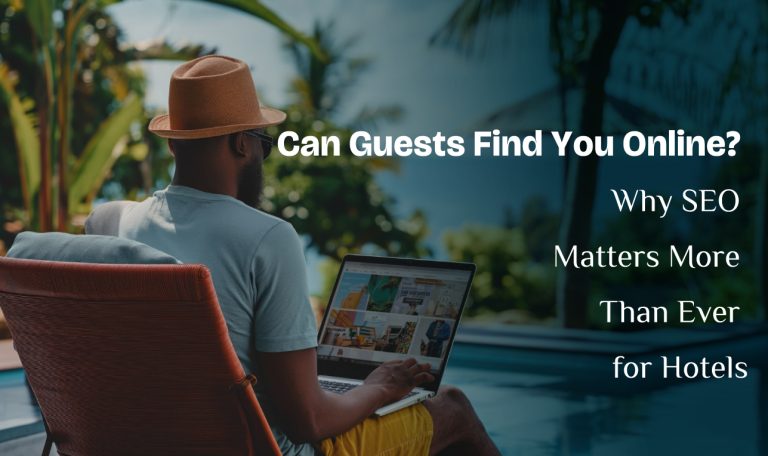Does Social Media Directly Boost SEO?
No.
OK, I guess I should do a little to defend that, but I’m confident enough of the truth of this by now to just give that one-word response.
When most people ask the above question what they likely have in mind is one of two possible effects:
- The links in social posts send ranking signals to the pages to which they link.
- The amount of social mentions and/or engagement for a content piece or a brand is a search ranking factor.
Let’s deal with the latter one first, as I think it might have some (small) merit, although still not in a “direct” manner.
Social Mentions/Engagement & SEO
First, it is highly unlikely that the major search engines currently use mentions or amount of engagement around a brand or piece of content as a direct ranking signal.
Years ago they may have experimented with it, but all indications point that such experiments have been abandoned.
Why?
Because social media is a weak and unreliable signal for search engines.
Back in 2014, Matt Cutts (at the time head of Google’s webspam team) explained this in this Google Webmasters videos.
One reason he stated was that it is an incomplete signal.
Many people are surprised when they hear this, but it’s true! Even Google doesn’t have unlimited resources.
Google doesn’t attempt to crawl or index all of the millions of social posts created each day.
More importantly, it is difficult for a search engine to reliably assess the authority of a given post, or even a social profile. Cutts said this is because:
- It’s hard to pin down the true identity behind many social profiles.
- Signals such as engagement have proven to be an unreliable measure of authority.
(As corroboration, think about how radically Facebook has backed away from “likes” as reliable indicators of content that should be pushed out more.)
So is there any indirect way in which search engines might make use of social mentions?
Possibly.
See my second strategy below.
Social Media Links & SEO
Because a great deal of social media consists of links to external sites, it’s worth asking whether those links contribute to the ranking power of the pages to which they link.
The fundamental principle for answering this is also found in the same Cutts video.
Cutts stated that Google treats social media sites the same as any other sites on the web. That means the same rules apply for links from social media sites as for any other site.
These days, that makes the question of the SEO value of links on social media networks easy to answer.
Almost all social networks, and certainly all the major ones, nofollow all external links. So these links pass no SEO equity to the target pages.
However, even if the links were followed links, it’s unlikely search engines would give them page ranking value. Why?
- It’s difficult for search engines to assess the true identity and authority of social profiles, so it’s difficult for them to know what value to give a link.
- Because they treat social networks like any other website, they would view a link posted on those networks as a link from the site. Search engines are smart enough to know that a link posted by a user is not a link endorsed by Facebook, Twitter, LinkedIn, etc. So it would make no sense to pass on the authority of that site to the link target.
As a marketer, how can you integrate your efforts across both platforms?
Social Media SEO Strategy
1. Social Sharing Buttons on Your Website
It may seem simple, but search engines like Google are starting to use social media sharing data to influence search rankings. As a marketer, it is critically important to have social media sharing buttons on your blog and website to encourage visitors to share content in social media. These buttons will not only help to increase traffic from social media but will also play an important role today and in the future for ranking positions in search engines.
2. Integrated Keyword Strategy
As I mentioned earlier, the line between search engines and social media platforms is blurring. Take the keyword strategy you are using for your website and apply it to your social media engagement when appropriate. This doesn’t mean cramming tweets full of keywords. Instead, be aware of how you are wording social media messages. By incorporating keywords into social media content, you can increase the reach of your messages.
3. Include Links in Social Profiles
The links in social media messages such as tweets and Facebook status updates are traditionally no-follow links. This means they don’t pass any SEO authority to the site they’re linking to. While this is starting to change, it is important to understand that the URL in the actual bio of a social media account is a follow link. Keep this in mind, and make sure you are taking advantage of these extra links.
4. Incorporate Links Into Video and Presentation Content
Some of the most powerful social media platforms are those that facilitate content sharing, such as YouTube for video and SlideShare for presentations. When sharing content on these types of networks, be sure to share links to related blog posts or other content on your website. Yes, this will increase traffic to your website, but it will also help build new inbound links. When someone writes a blog post about your content, it is likely they will also include a link from the presentation, simply because it is the “easy” thing to do.
5. Optimize Social Profiles
Think of social media profile pages as extensions of your website. In the same way that you would optimize website pages for page titles and keywords, audit your social media profiles to ensure they mirror the search engine optimization strategy of your website.
6. Build Links and Social Media Reach
Search engine optimization has long been about inbound links to your website. While inbound links are still really important, a secondary metric for marketers looking to increase search traffic should be social media reach. As we talked about earlier, social media data is becoming a factor in search engine rankings. In order to get more people to share your content in social media, you need to increase the number of fans or followers of your account. By doing this through quality content creation and engagement, you will not only build social media reach but also inbound links.
7. Establish New Relationships
The web is now a social communications channel. Similar to sales, relationships are huge for driving inbound links and social media attention. Building relationships using social media can open opportunities for guest blog posts and other link-building opportunities.
Optimizing a website for search isn’t easy. It requires continuous upkeep and a competitive strategy (especially when direct competitors start SEO planning), which is why many businesses invest in SEO services.
If you’re looking for an experienced partner to help develop, launch, and manage your SEO strategy, Kanatech Systems can help you with a custom SEO plan.
Discover how we can help your business grow by contacting us online or calling us at +254 725 959 830













